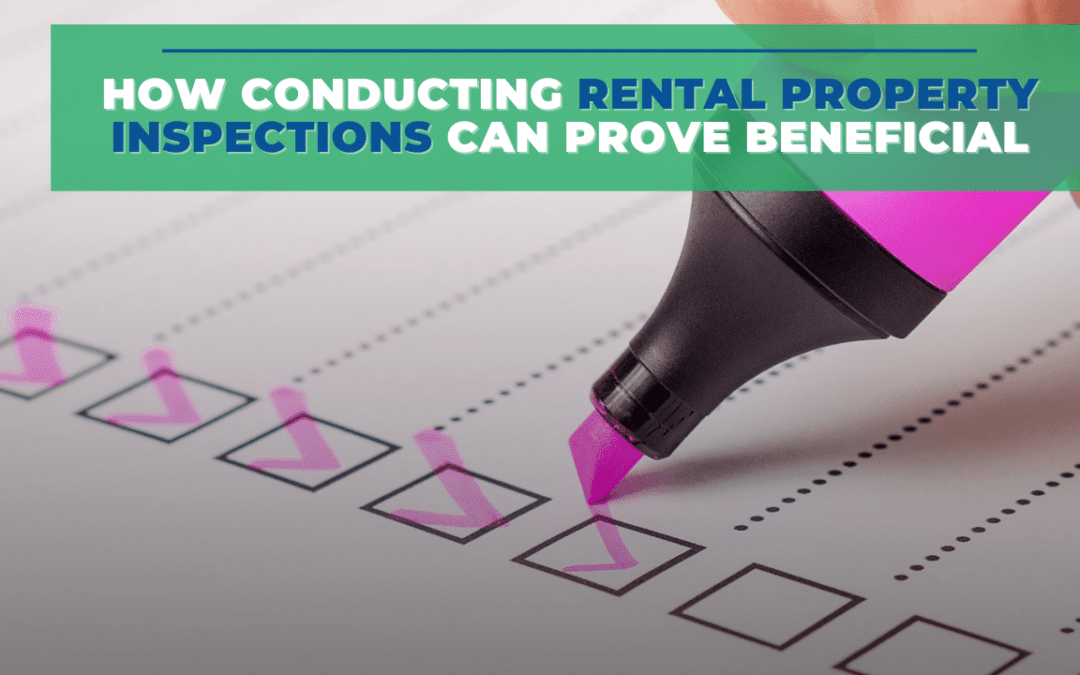Property inspections are an important part of protecting the condition of your Dallas-Fort Worth investment property. If you’re not doing routine inspections, you risk having expensive repairs surprise you, especially when you’re turning the property over between tenants.
This doesn’t mean you should be showing up at your property every month, bothering your tenants. Respecting their right to privacy should be a higher priority. However, you want to do a complete inspection before a tenant moves in, and after that tenant moves out.
If you’re not sure what to look for or how to manage this process, we have some tips. We also highly recommend you work with a professional Tarrant county property management company.
Move-In and Move-Out Inspections in Dallas-Fort Worth
The move-in inspection must occur a few days before your tenant is scheduled to take possession of the home. Even more important than inspecting is documenting. You need a well-documented record of your property’s condition. There are two specific things to keep in mind while conducting the move-in inspection:
- Look for last-minute repairs that may be necessary. You don’t want your tenants moving in with a stove that doesn’t work or a door that doesn’t lock. Fix anything that’s not working properly.
- Document the condition of the property with pictures, videos, and a written checklist.
The move-out inspection occurs when the lease period is over and your tenant has moved out. During the move-out inspection, the most important thing you’re looking for is evidence of damage. While normal wear and tear is expected and allowed, additional damage might be the responsibility of the tenant. Anything that is broken because of abuse, misuse, or neglect can be paid for with the security deposit.
Conduct Maintenance Inspections Annually

If you include this maintenance walk-through expectation in your lease agreement and tell tenants that you plan to check for maintenance issues and general upkeep, they shouldn’t mind. When you’re at the property, take some pictures and look around for any unreported or deferred maintenance issues. You’ll also want to look for lease violations. If you have a strict no-pet policy and you see cat beds all over the house, you might have to discuss it with your tenant.
Look for potential problem spots. Check under the sinks for moisture and make sure there aren’t any tree branches obstructing the windows or dropping debris onto the roof. You want to be sure the appliances are working and your tenant is changing light bulbs, air filters, and keeping the property clean and free of pests and problems.
This is also a good opportunity to talk with your residents. Find out if everything is going well and if they’re enjoying the home. While restating their tenant responsibilities versus the landlords or property managers.
Working with a local professional property manager is a great way to make these inspections efficient and effective. We have systems in place that allow us to document the condition of your property, and we’ll share our inspection reports with you online. Providing your investment property with an extra layer of protection and security.
If you have any questions about inspections or property management in the Dallas-Fort Worth area, please contact us at Assign Property Management.


Recent Comments